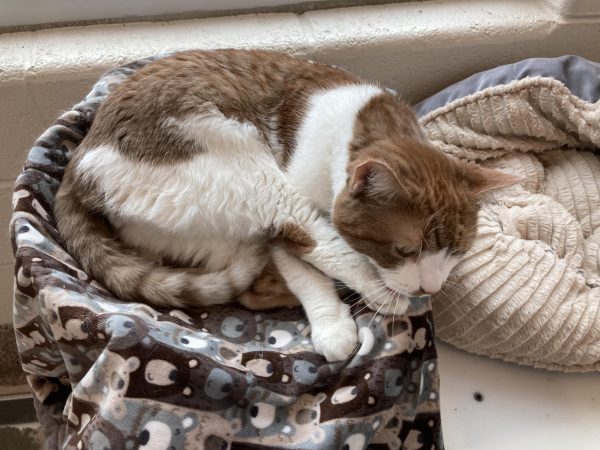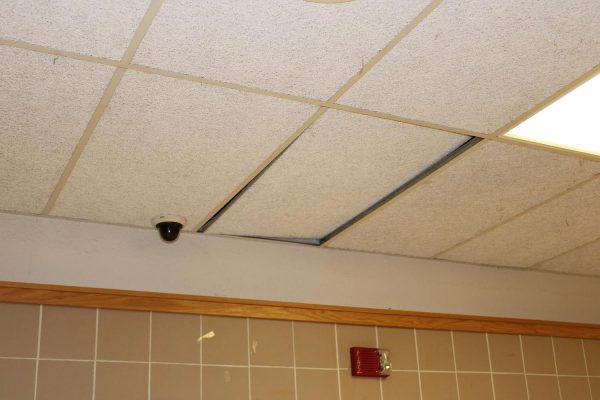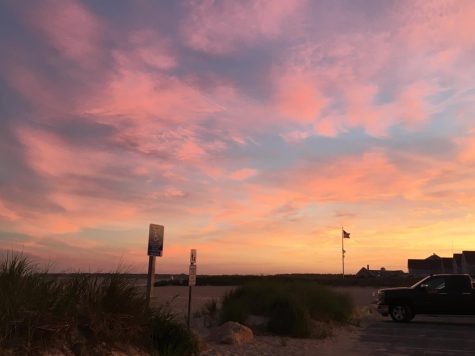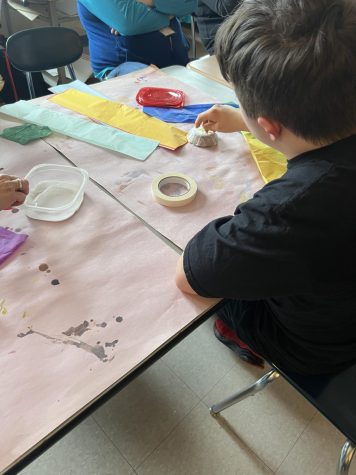The College Bored
How the AP obsession is detrimental to students
November 5, 2015
Does having a 4.0 grade point average really matter in the grand scheme of life? Is a spot at the top of my class worth all the sacrifice? Is teenage misery worth adult success?
These are the questions that race through my mind as I sink into my guidance counselor’s chair every spring, flipping through the Program of Studies and pondering my academic future.
A plethora of students nationwide have wrestled with these questions; I am certainly not alone. According to the College Board, over 2 million students took Advanced Placement (AP) courses during the 2013-14 school year. Based on my observations, I would wager that less than half genuinely enjoyed them.
At Barnstable High School, the pressure on students to take these AP courses is colossal. Red Raiders have many reasons for taking AP’s: to increase GPAs, to add rigorous courses to their resumes, or to receive college credit. Few sign up out of a passion for learning or an interest in the class’ subject matter.
I am enrolled in three AP courses, so don’t assume that I am trying to bring down the College Board, although I fail to comprehend why each test costs nearly $100.
But, the AP classes that I am taking are subjects that I am passionate about: English, Spanish, and History.
Many students cannot say the same; some fry brain cells by enrolling in classes that they despise. In their quest for a high GPA, they sacrifice happiness.
The misery that this entails has culminated in the creation of an entire demographic that trudges into school each morning clutching half-empty coffee cups and wrinkled tardy slips.
The BHS Web site suggests that each “student should step up and try one Advanced Placement course prior to graduating, especially if they will be entering into post-secondary education. Taking an AP course will allow students to understand the rigors of a college-like course while still in the safe confines of BHS.”
Students at this school are regularly told that a B in an AP course equals an A in an honors course; which, whether fact or fiction, motivates hundreds of students to dish out $91 per test (unless on the Free or Reduced Lunch Program) and saturate their schedule with extremely difficult classes.
Many of these students have part-time jobs and participate in extracurricular activities, and have schedules that most would consider ludicrously full. Each AP class can add up to an hour of homework time per night. If students enroll in six AP classes, as teens competing for the spot of valedictorian do, that would result in spending up to six hours on homework each night—a block of time almost as long as the school day.
Competitive Red Raiders like Alex Damiecki, a senior, sacrifice much in order to maintain a high GPA. Damiecki, who is enrolled in six AP classes and is currently one of the top students in his class, is forced to juggle all of his advanced coursework, practices with the Makos Swim Team at the YMCA and, in the winter, the BHS boys’ swim team, of which he is a captain.
“If you want to be number one, you just have to be good at everything,” he explained. “It’s a lot of work.” When asked what motivated him, he responded, “I want to go to Harvard.” Damiecki also mentioned that he “absolutely hates,” some of his classes.
Other students, such as Lily Sethares, a junior, have alternate motivations. “I mainly take AP classes that will give me more insight into what I might like to major in,” she wrote, “or that will help me later in life.”
She stressed that she was passionate about most of her AP courses, and argued that the ones that she did not particularly enjoy helped her succeed in other courses later on.
As a motivated student, I am more than willing to work hard, and I do aspire to be accepted by an upper-tier college and have access to the great opportunities that university life offers. However, I am NOT willing to sacrifice my well-being (and, honestly, sanity) by biting off more than I can I can chew, or, at least, more than I can swallow without getting a sore throat.
I would choose happiness and a second-choice college over despair and a full ride to an Ivy powerhouse any day; I want to spend my precious time on classes that make me happy and will have an everlasting value for me, not on courses that consume hours a day, leaving me exhausted, but with a high GPA: a number that will lose meaning as soon as college begins. When I’m an 80-year-old man and flipping through my yearbook, I want to remember high school as fun, enlightening experience, not a time of turmoil and sleep deprivation.
Whether you aspire to be forensic anthropologist, a professional ukulele player or a novelist, take classes that inspire you and motivate you to learn. You will not regret it.










